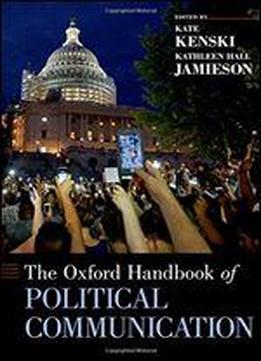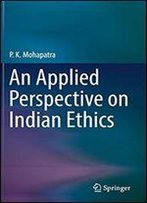
The Oxford Handbook Of Political Communication
by Kate Kenski /
2017 / English / PDF
4.5 MB Download
As a field of rich theoretical development and practical application, political communication has expanded over the past fifty years. Since its development shaped by the turmoil of the World Wars and suspicion of new technologies such as film and radio, the discipline has become a hybrid fieldlargely devoted to connecting the dots between political rhetoric, politicians and leaders, voters' opinions, and media exposure to better understand how any one aspect can affects the others. The Oxford Handbook of Political Communication provides contexts for viewing the field of political communication, examines political discourse, media, and considers political communication's evolution inside the altered political communication landscape. Kate Kenski and Kathleen Hall Jamieson bringtogether some of the most groundbreaking scholars in the field to reflect upon their areas of expertise to address the importance of their areas of study to the field, the major findings to date, including areas of scholarly disagreement, on the topics, the authors' perspectives, and unansweredquestions for future research to address. Their answers reveal that political communication is a hybrid with complex ancestry, permeable boundaries and interests that overlap with those of related fields such as political sociology, public opinion, rhetoric, neuroscience and the new hybrid on thequad, media psychology. This comprehensive review of the political communication literature is designed to become the first reference for scholars and students interested in the study of how, why, when, and with what effect humans make sense of symbolic exchanges about sharing and shared power. The sixty-two chapters in The Oxford Handbook of Political Communication contain an overview of past scholarship while providing critical reflection of its relevance in a changing media landscape and offering agendas for future research and innovation.











